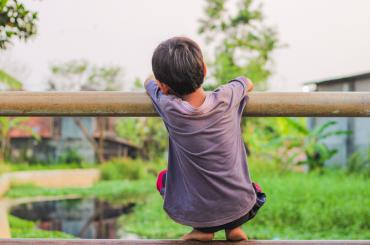
children
-

How childhood migration shapes educational outcomes
Migration can act as a powerful tool for upward mobility. Evidence from Indonesia indicates that the benefits of migration depend on a household's initial education level, the age at which a child migrates, and the origin and destination locations.
-

The overlooked role of sleep in children's education in India
Later sunsets reduce children's sleep, harming their learning and long-term education outcomes in India.
-

Reshaping gender attitudes: Evidence from schools in India
Integrated school-based interventions to advance gender equality can achieve lasting changes in regressive attitudes and behaviours
-

Unintended consequences: How workfare programmes may fuel school dropouts in India
Despite evidence of increasing household wages, anti-poverty schemes in India can have an adverse effect by lowering human capital investment
-

Do asset transfer programmes lead to child labour? Evidence from Philippines
Asset transfers can expand household-based economic activity, but can also draw more children into the labour force when other labour is unavailable
-

What works when for early-childhood interventions? Evidence from Nigeria
Information on raising children is more important in the first two years of a child’s life, whereas cash plays a bigger role from age 2 to 4
-

Getting into the habit: Handwashing and child health in India
Access to soap dispensers combined with monitoring and incentives increased handwashing and generated substantial improvements in child health
-

Empowering adolescent girls in Sierra Leone under the Ebola crisis
In the midst of the Ebola crisis an empowerment programme acts as a shield for adolescent girls
-

Are women better for development?
Money in the hands of mothers increases expenditure on children. Does this human capital investment promote economic growth in developing countries?